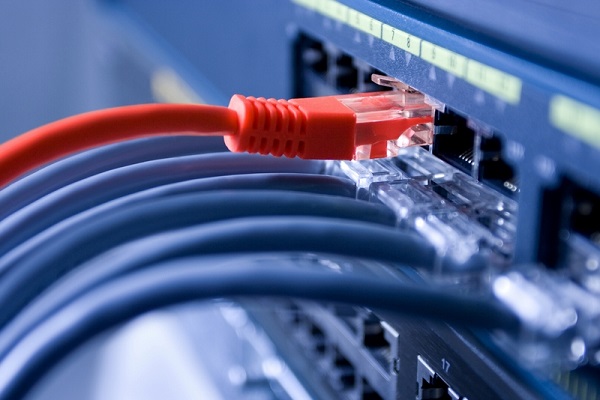Networking
The Importance Of Networking
Networking systems are critical for connecting different devices and systems within an organization, allowing for seamless communication and data transfer. These systems can include both hardware and software components and are essential for enabling businesses to operate efficiently and effectively.
One of the most important components of a business networking system is the network infrastructure. This includes the physical components of the network such as routers, switches, and cables, as well as the software that manages and controls the flow of data. A strong network infrastructure is key to maintaining high-speed, reliable communication within the organization.
Another important aspect of business networking systems is security. With the increasing threat of cyber attacks, it’s crucial to ensure that business networks are protected against unauthorized access and data breaches. Firewalls, virtual private networks (VPNs), and intrusion detection systems are all critical for securing business networks.
Wireless networking is another key aspect of modern business networking systems. With the increasing use of mobile devices, such as smartphones and tablets, wireless networking allows employees to access the network and data from anywhere in the office. This provides increased flexibility and productivity for employees, and can also help to reduce costs.
Cloud computing is also increasingly being used as a way for businesses to share and access data and applications over the internet. Cloud-based services such as Dropbox and Google Drive can be accessed via a web browser and allow employees to share and access files and documents remotely. This allows businesses to improve collaboration and communication among employees.
Businesses can also use Network Management Systems to monitor and manage their network infrastructure. These systems provide real-time information about the health and performance of the network, and can be used to identify and troubleshoot problems, plan for future growth, and to keep inventory of the devices and configurations of the network.
In summary, these systems are essential for connecting different devices and systems, and allowing for seamless communication and data transfer. A strong network infrastructure, security measures, wireless networking, Cloud based services and Network Management Systems are key components of modern business networking systems. These systems can improve efficiency, productivity and collaboration within the organization while also ensuring the security of data\these systems


